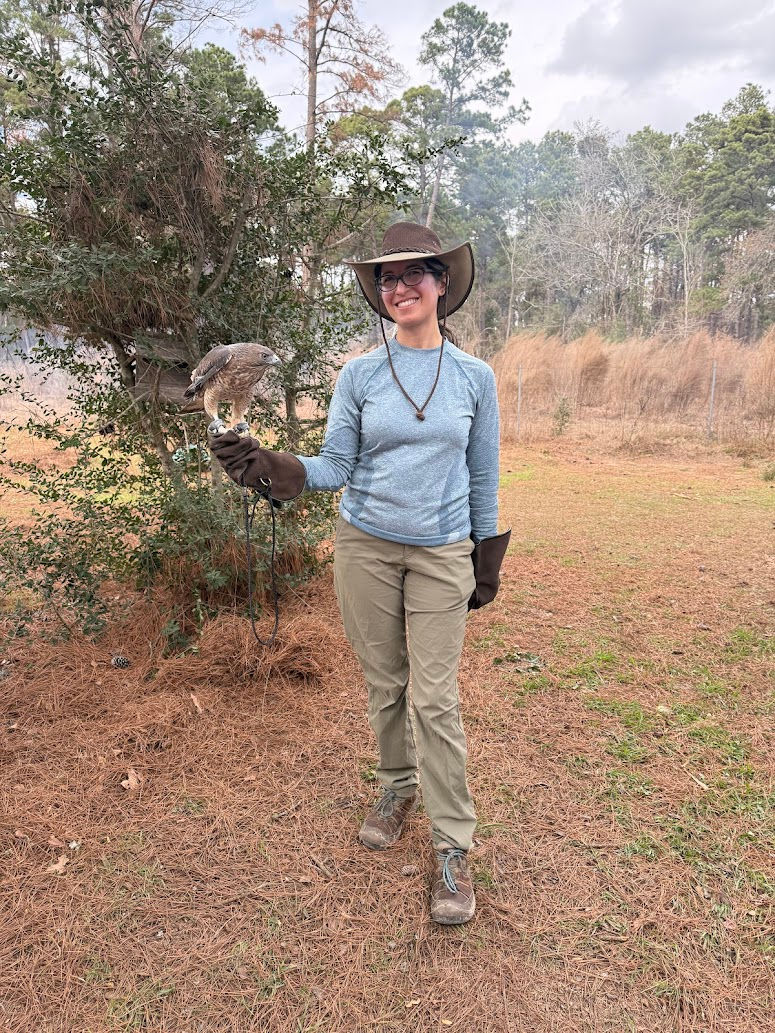The Birds and the Bugs
- eaglesandowls816
- Mar 4, 2025
- 2 min read
The return of our aerial insectivores is in full swing. Purple Martin scouts have started appearing at nesting sites, and by the end of March, Chimney Swifts will be soaring through our skies with their swoops and twitters. Aerial insectivores catch insect prey while flying. These bird families include swallows, swifts, nightjars, and flycatchers. Unfortunately, many populations of aerial insectivores are rapidly declining. Here are some ways to support our flying insect eaters:
Let Grasses GROW
Reduce mowing and maintain grass at a minimum height of 3 inches
Decrease the overall grass area in your lawn and replace it with native plants
Leave buffer strips of taller grass along lawn edges
AVOID Pesticides
Broad-spectrum pesticides harm more birds and insects beyond the targeted species
Wear protective clothing and use natural repellents to prevent bugs from bothering you while allowing them to thrive
Grow NATIVE PLANTS
Native plants support more insects than non-native or exotic species
Use plant-finder tools from Pollinator Partnership and the Lady Bird Johnson Wildflower Center to select plants native to your region
Support growers who minimize or avoid pesticide use
Protect birds and nocturnal insects from light pollution
Participate in community science projects
Leave vegetation buffers around ponds and water sources. This provides a habitat for insects to feed, rest, and lay eggs.
Give birds a place to NEST
Install houses for Purple Martins and Tree Swallows
Place nesting shelves under eaves for Barn Swallows
Ensure chimneys are open and clean for Chimney Swifts. These birds nest in our region during the summer when chimneys are not in use. Leave your chimney uncapped and clean it annually to offer an ideal and safe nesting spot for swifts.
Leave dead trees and snags standing to accommodate birds like Great Crested Flycatchers






Comments